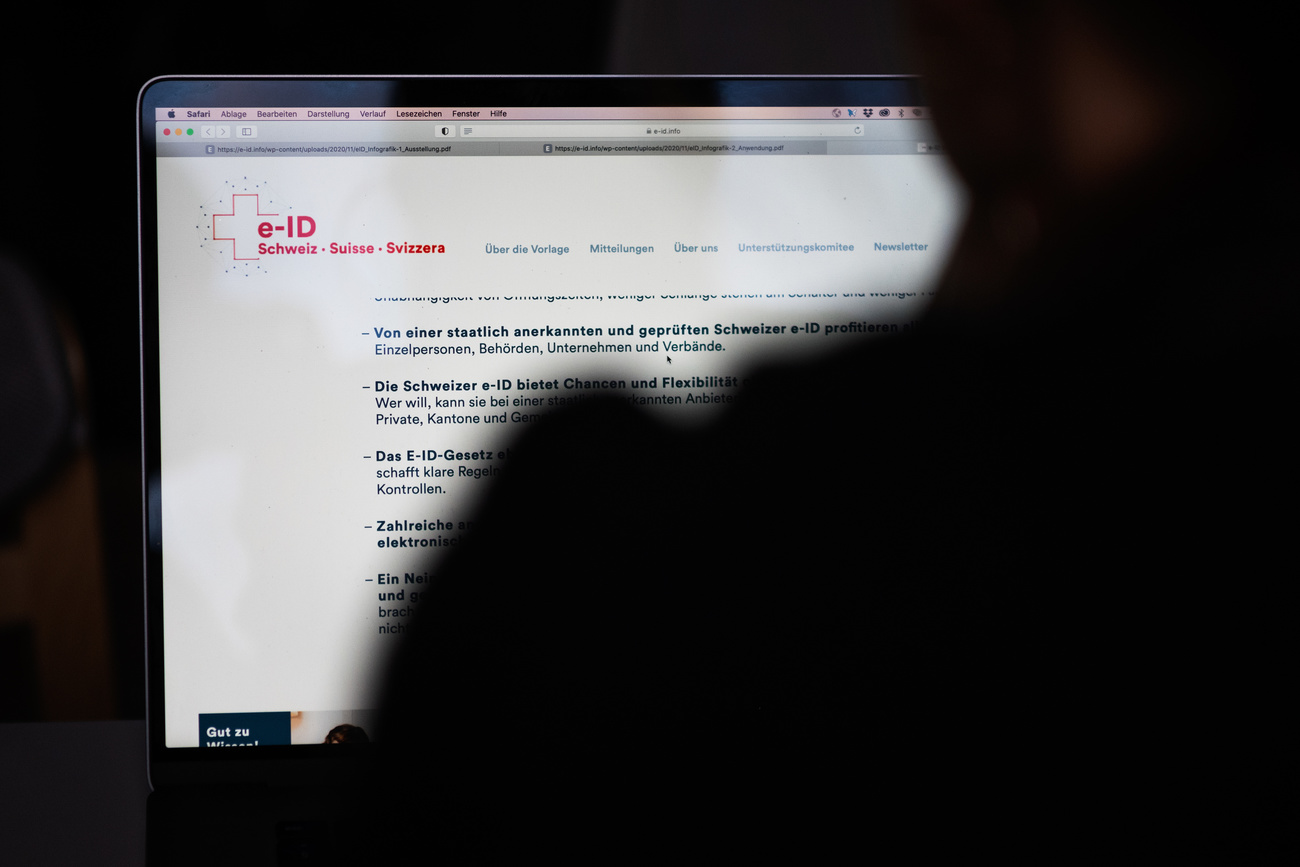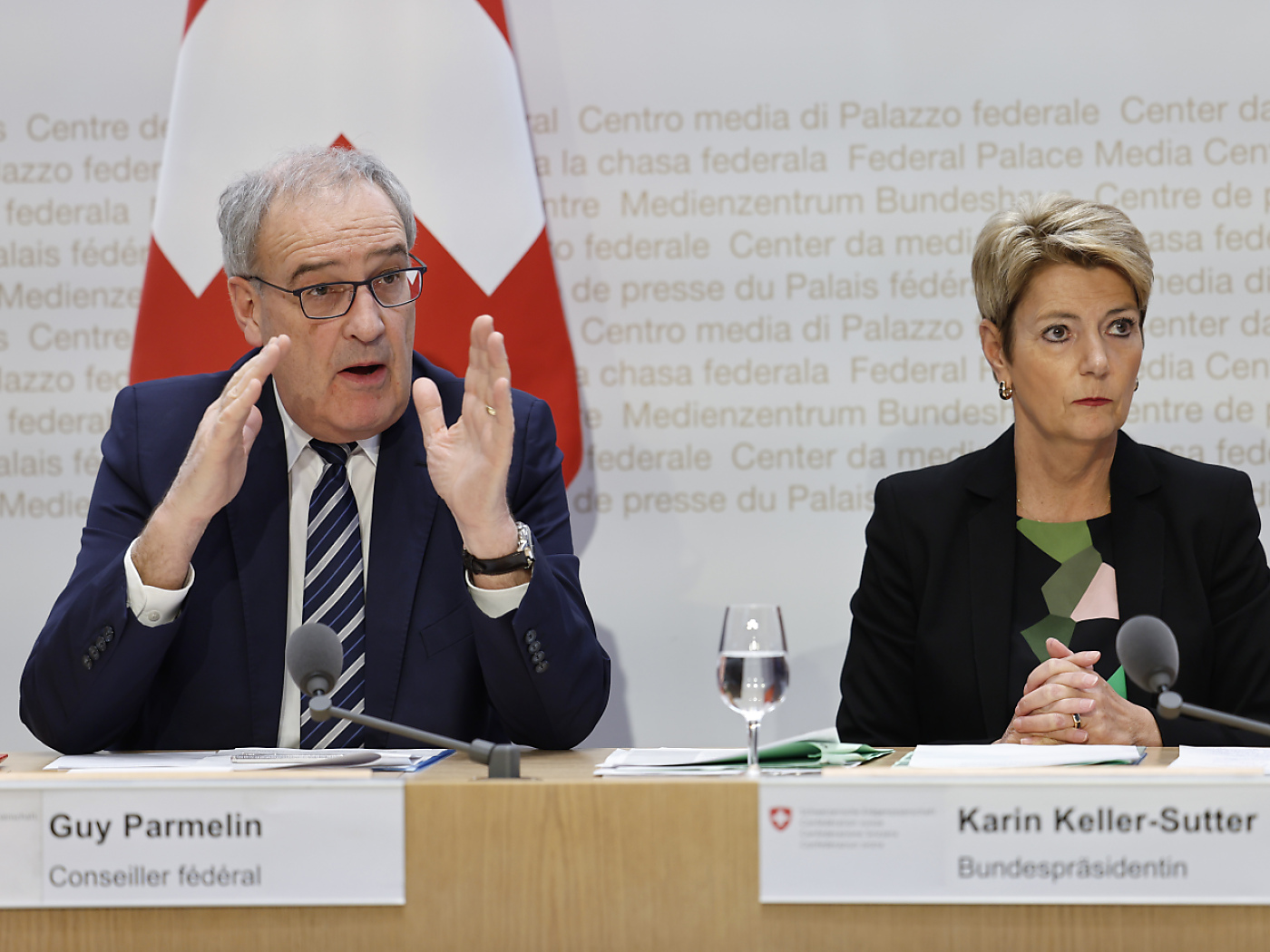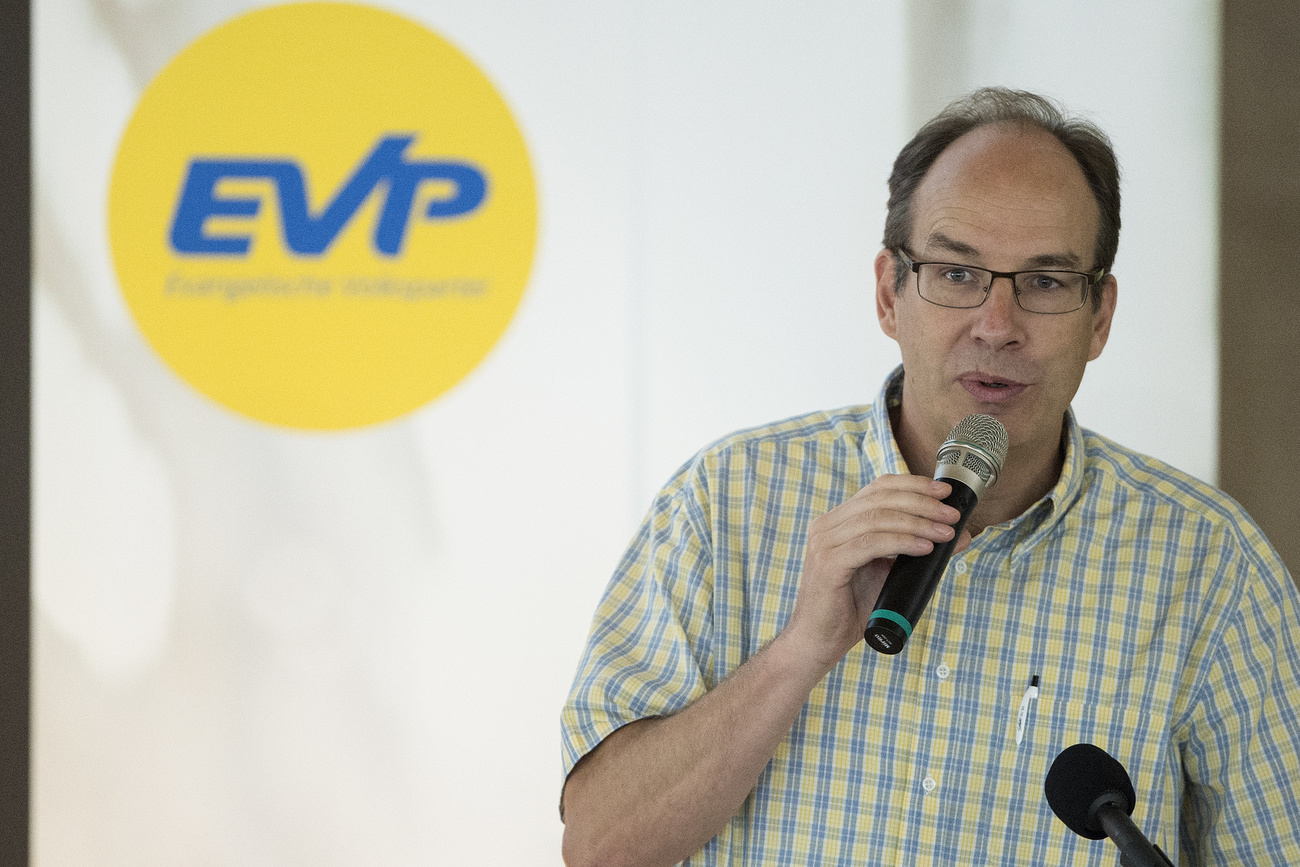New law on presumed organ donation could take years to implement

On Sunday 60.2 % of Swiss voters backed the new “opt-out” law on organ donations. However, it faces several hurdles before it can enter into effect. SWI swissinfo.ch looks at the challenges lying ahead.
The new law means that unless you actively reject donating your organs, you are presumed to be in favour. But the government faces two main challenges: securing a national registration database and informing the public via mass-information campaigns.
The first task for the government will be to develop regulations implementing the directive, which could take several years. The Federal Office of Public Health (FOPH) has indicated that the new legislation will not come into effect before 2024.

More
Voters give consent to new ‘opt-out’ system of organ donation
The establishment of a national online register raises sensitive issues of accessibility, security and data protection. All residents of Switzerland over the age of 16 will be invited to log in and register their refusal or consent to donate their organs. The future platform will be available in all four national languages as well as those of migrant communities.
Solutions will be offered to individuals who cannot register on their own, for example through a family doctor. “Other forms of written expression of will, such as advance directives, will also continue to be recognised,” the FOPH says. It will be possible for someone to change their mind at any time.
The creation and launch of a national registry is expected to cost CHF500,000 ($498,000), according to figures provided by the Federal Office of Public Health (FOPH). Its management should cost about CHF500,000 a year.
The information campaign during the first three years following the implementation of the new law should cost about CHF2.5 million a year (compared with CHF1.5 million currently for the campaigns in favour of organ donation). Thereafter, the costs could be reduced to CHF1.5 million a year.
Ensuring secure identification
The register will contain data considered particularly sensitive, and as such, will have to meet the requirements of the law, in particular in respect to computer security in the federal administration.
The criteria for identification when registering or logging in will be very thorough, the FOPH assures. The initial plan was to use electronic identity (e-ID), but this was largely rejected by voters in March 2021. “If the e-ID is not operational by the time the register is introduced, Switzerland will use other secure means of identification,” the FOPH says, citing the current procedure used for the electronic patient file as an example.

More
Digital identity scheme shot down by voters over data privacy concerns
Only hospitals and the relevant authorities will have access to the data. “They will only be able to consult the register to check the status of a patient with a hopeless prognosis, for whom the decision to discontinue life-sustaining measures has already been taken,” explains the FOPH. To ensure secure identification at time of death, the donor’s national security number will be authenticated. If the person does not have a national security number, other identification numbers can be used.
Avoiding loopholes
During the review of the new law, parliament introduced requirements to hand responsibility for maintaining the register to Swisstransplant, a state-run foundation. It already manages the list of people waiting for a donation, allocates organs and coordinates transport logistics. In addition, Swisstransplant created its own donor register in 2018.
However, in January a consumer television programmeExternal link on Swiss public television, SRF, revealed significant security gaps in the register. The programme proved that anyone could register a third party as an organ donor without their knowledge. These revelations led to an investigation. Swisstransplant has had to suspend access to its register as a result.
When questioned, the FOPH said the level of security of the future register would be much tighter. Swisstransplant will be given a mandate to collect and manage organ donation decisions, but it will have to meet national data security requirements and will be subject to the supervision of the FOPH.
When contacted by SWI swissinfo.ch, Swisstransplant declined to comment. It said it was waiting for directives from the government.
Reaching 8.6 million people
The other challenge to implementing the law is how to inform the public. Everyone should be able to understand what the transition from explicit to presumed consent entails and how to register their decision.
The FOPH has planned extensive information campaigns in several languages on television, in newspapers and on the internet. It will work in collaboration with Swisstransplant, PR agencies, doctors, chemists and non-governmental organisations. To reach people who are more isolated or from a migrant background, the health office plans to communicate on specific social networks and targeted media.
“It is also possible to inform via health institutions and cantonal health officials,” the FOPH adds. During upcoming opinion polls, questions will be asked about the new law. The FOPH will then adapt its campaigns according to the answers.
In other European countries, communication on organ donation varies greatly. In Austria and Spain, for example, the state is less involved; communication is managed by NGOs that are particularly active in the media and on the internet. On the contrary, England and the Netherlands, which recently introduced a similar law, have been more pro-active in informing the population. England, for instance, launched a massive and participatory campaign on all media channels which included ethnic minorities, transplant patients and their families. In the Netherlands, every resident over the age of 18 received a letter inviting them to register their decision in the national registry. A reminder was sent if there was no response.
The FOPH says contacting residents individually could be an option for their campaign, but the strategy is still being developed and nothing has been decided.

More
Explicit vs presumed consent: the Swiss referendum on organ donation

In compliance with the JTI standards
More: SWI swissinfo.ch certified by the Journalism Trust Initiative












You can find an overview of ongoing debates with our journalists here . Please join us!
If you want to start a conversation about a topic raised in this article or want to report factual errors, email us at english@swissinfo.ch.